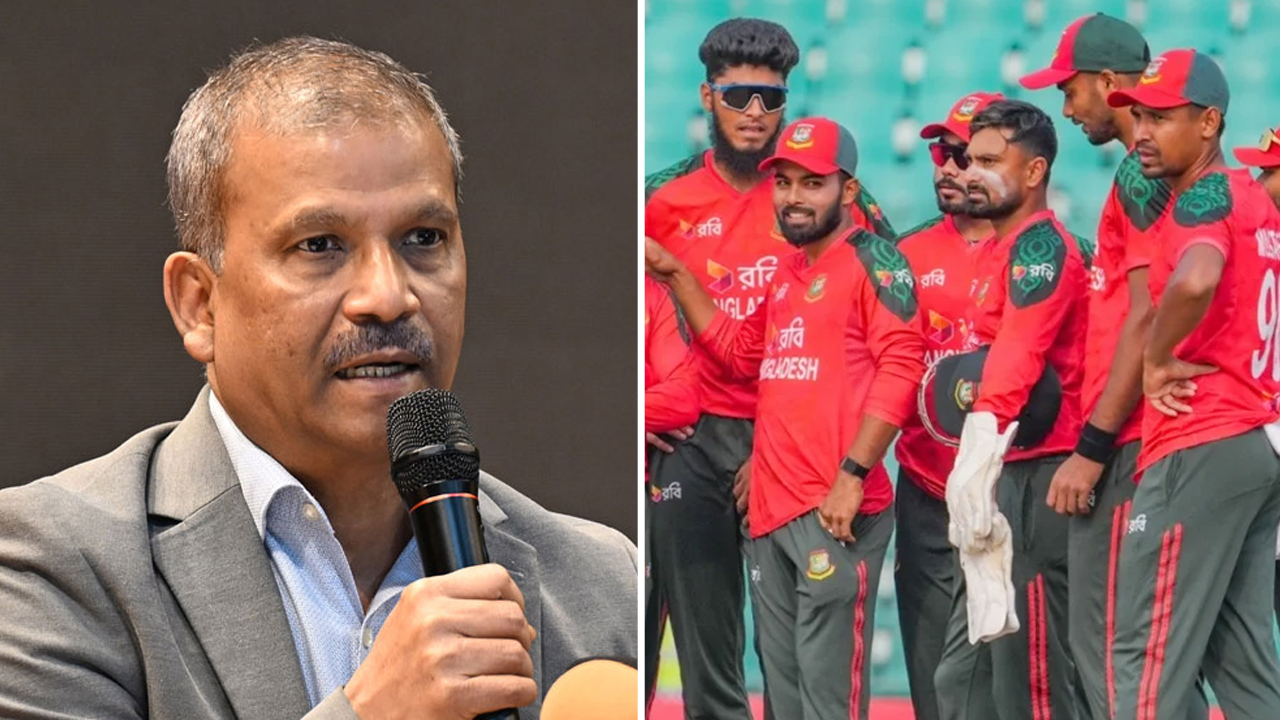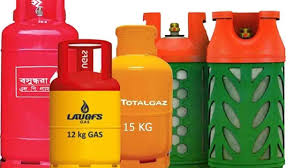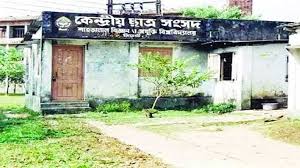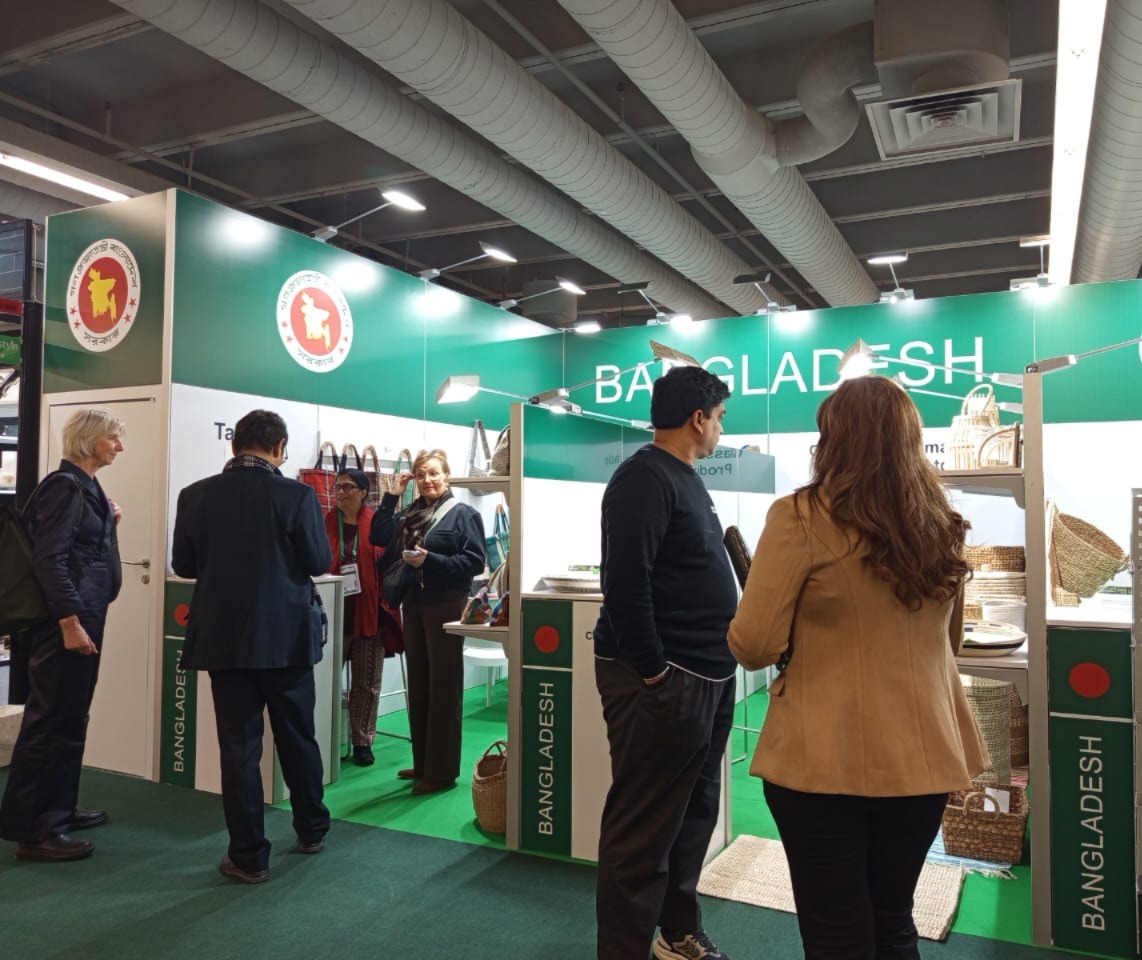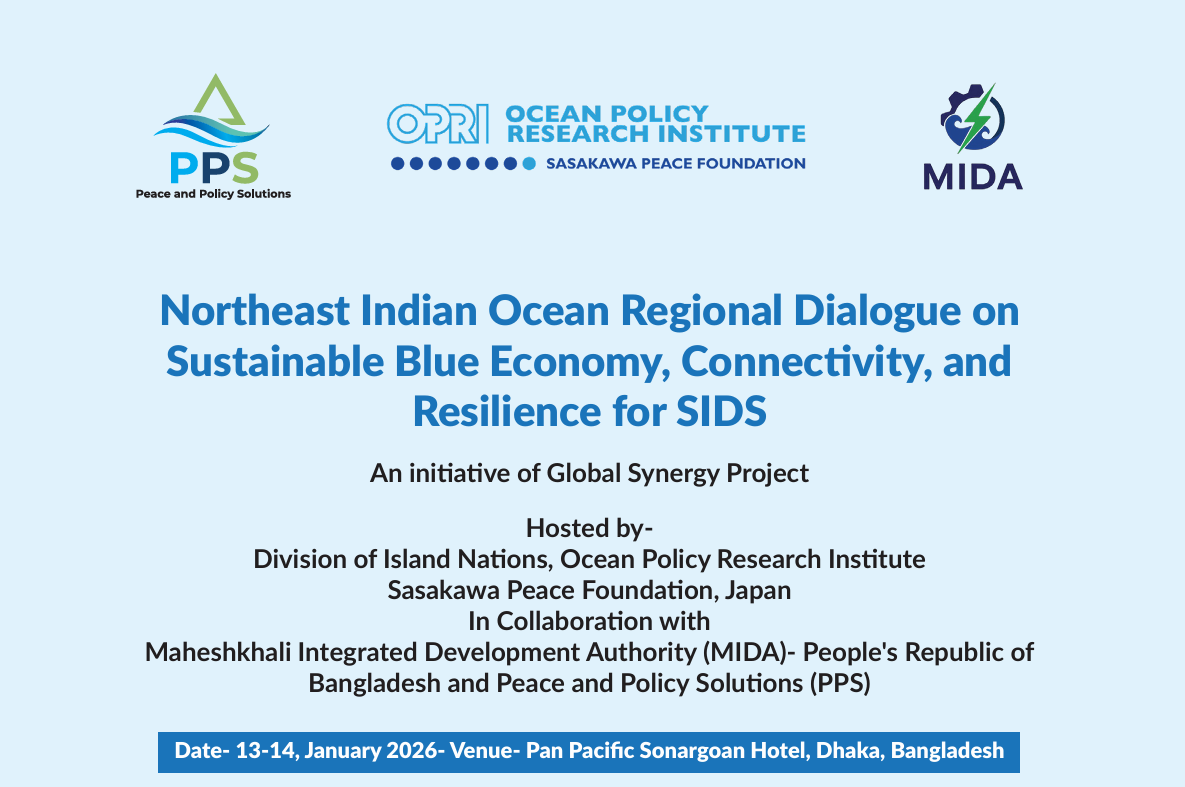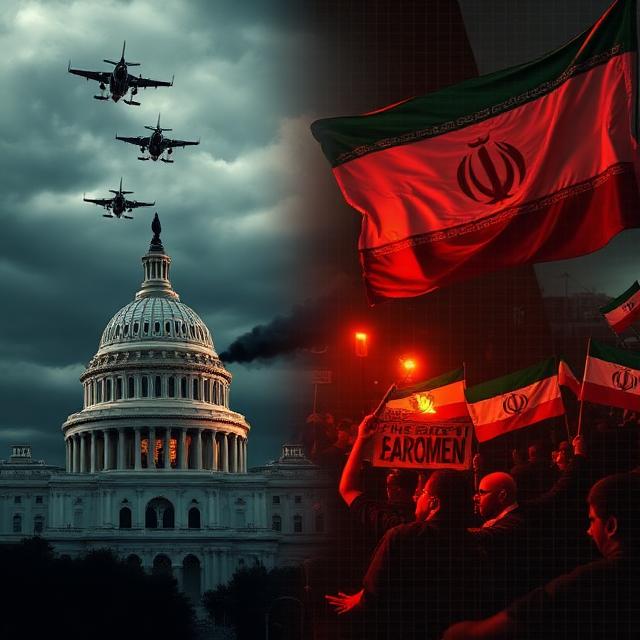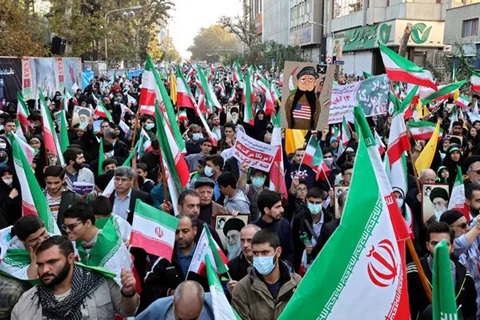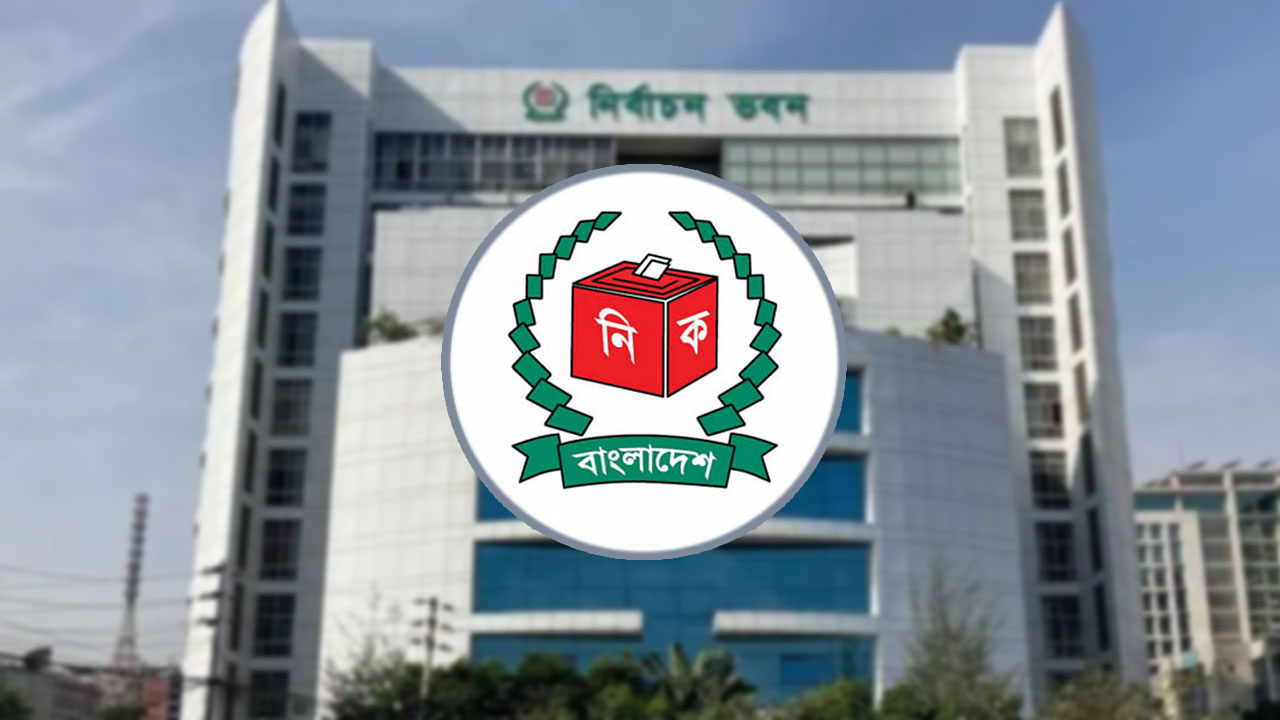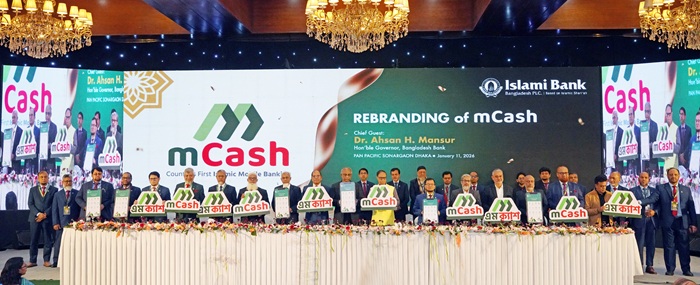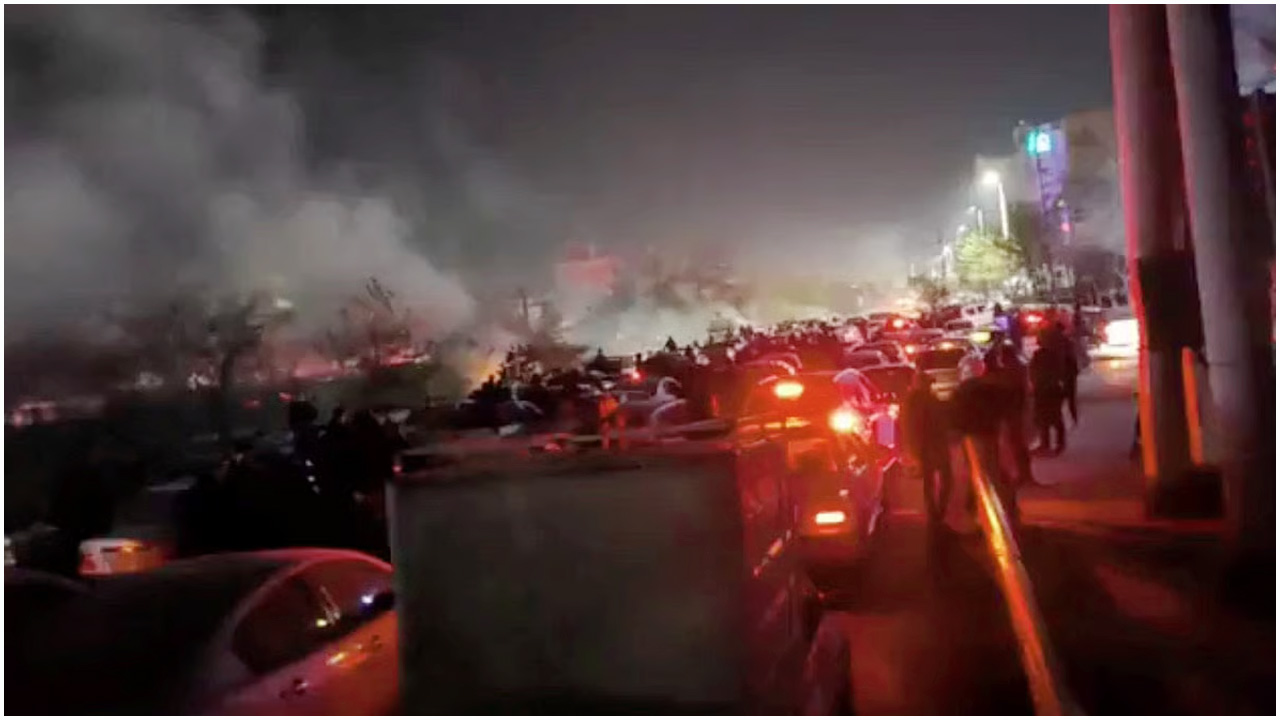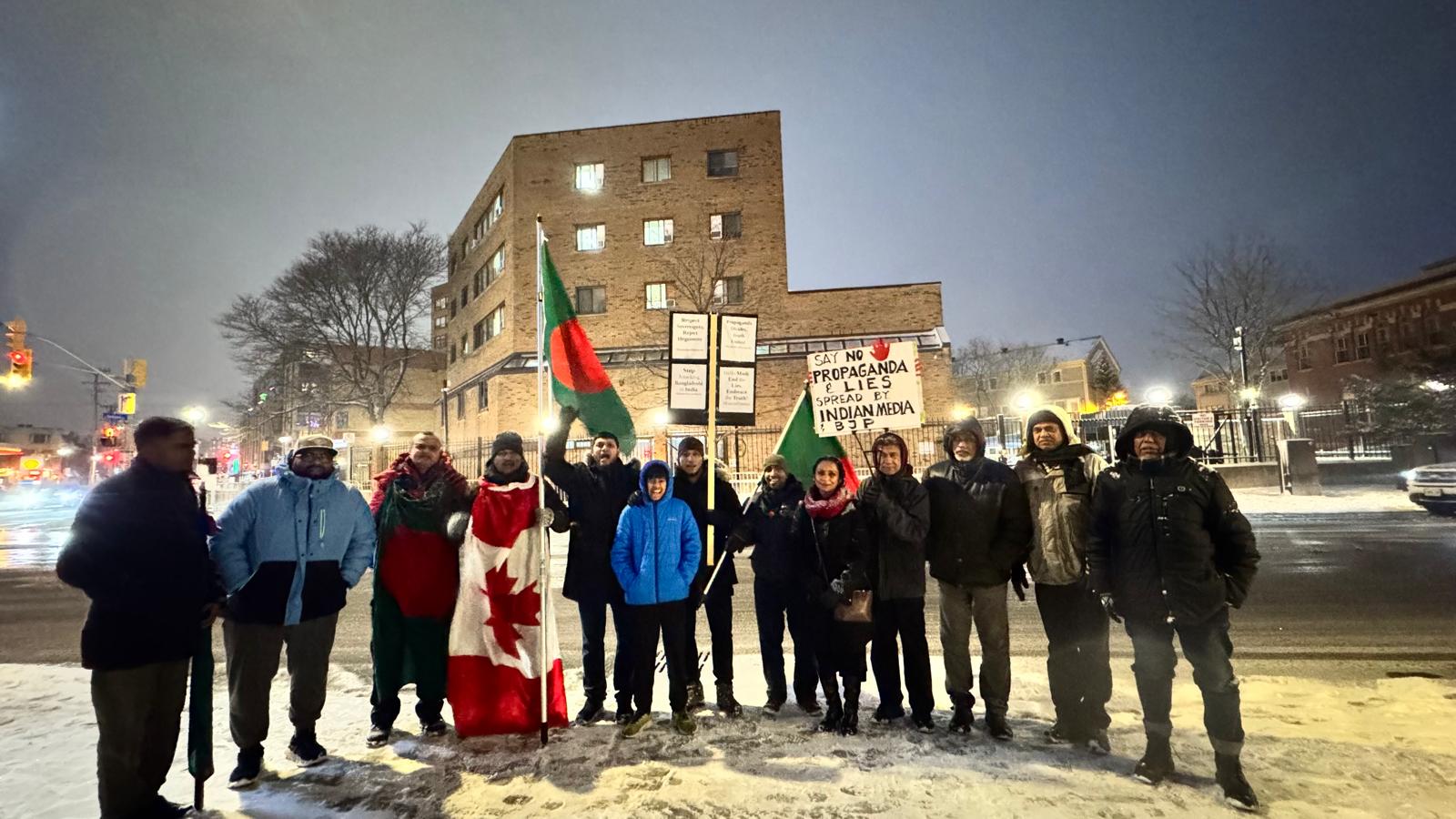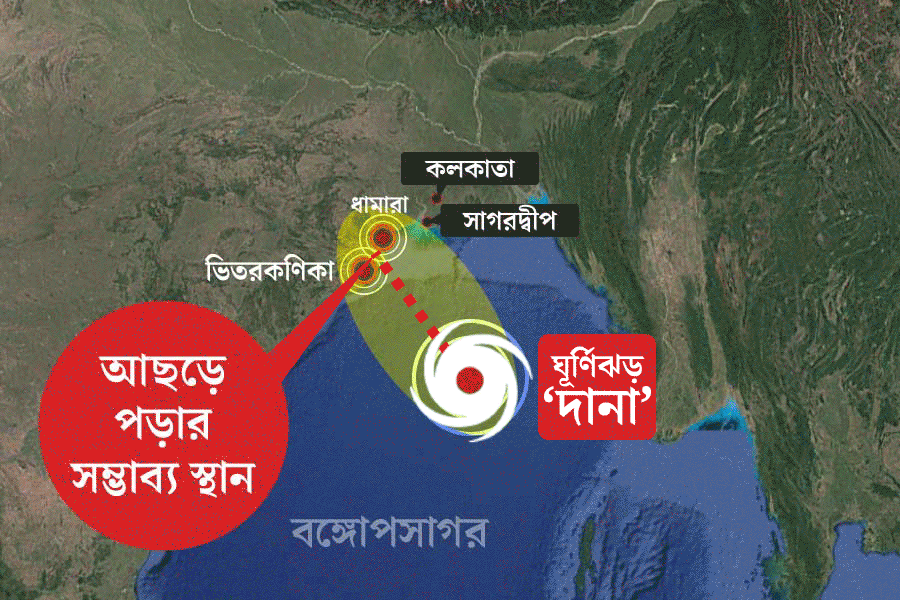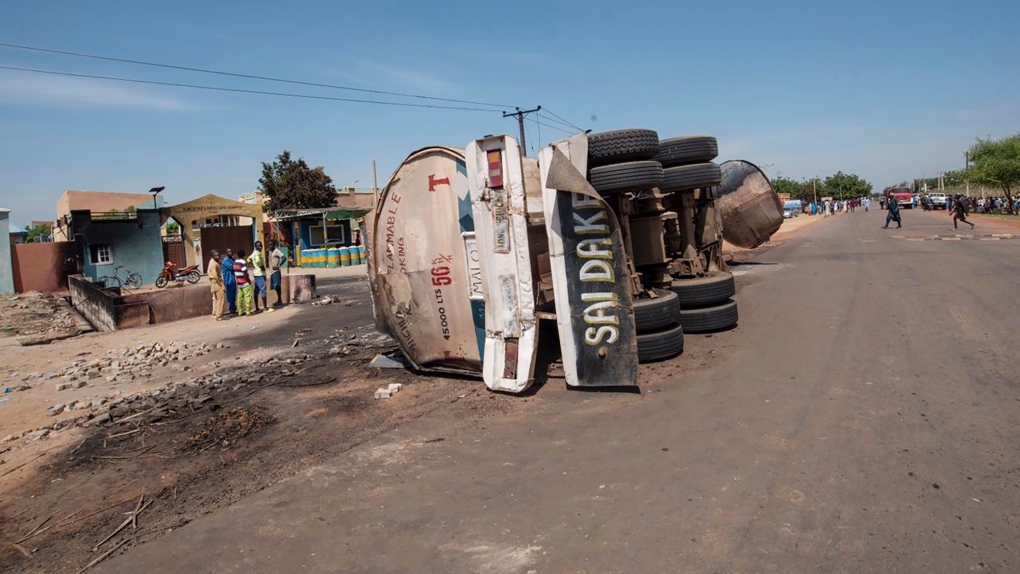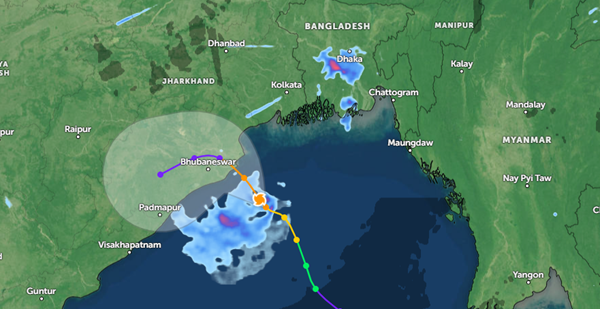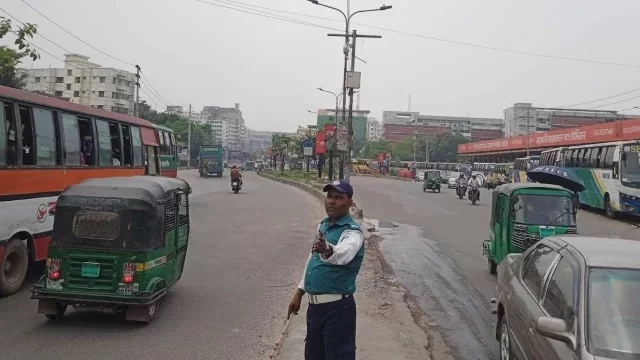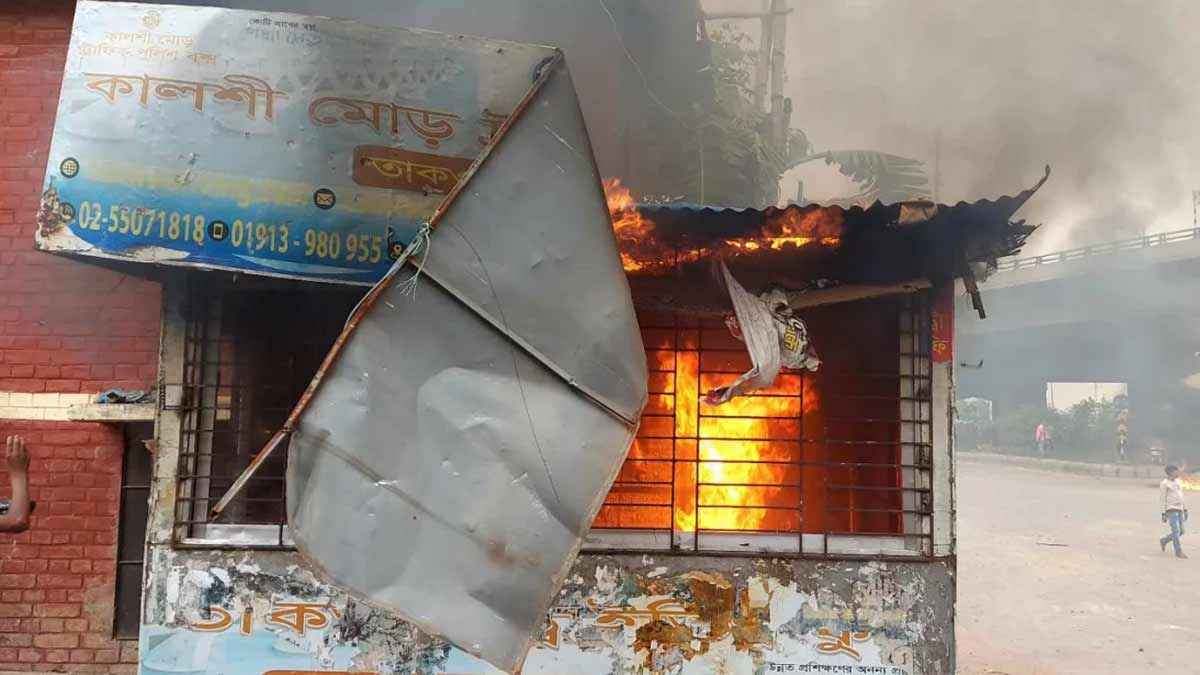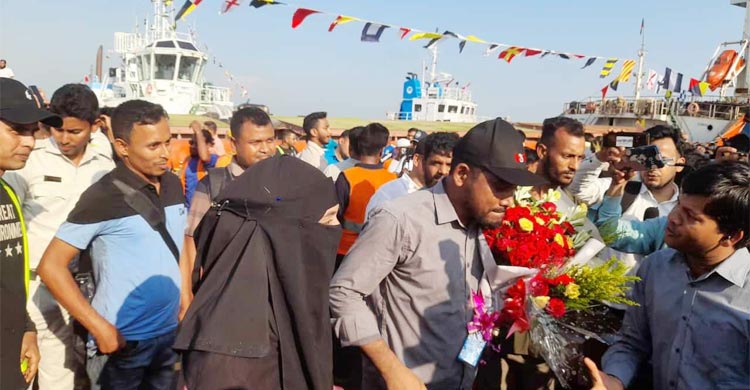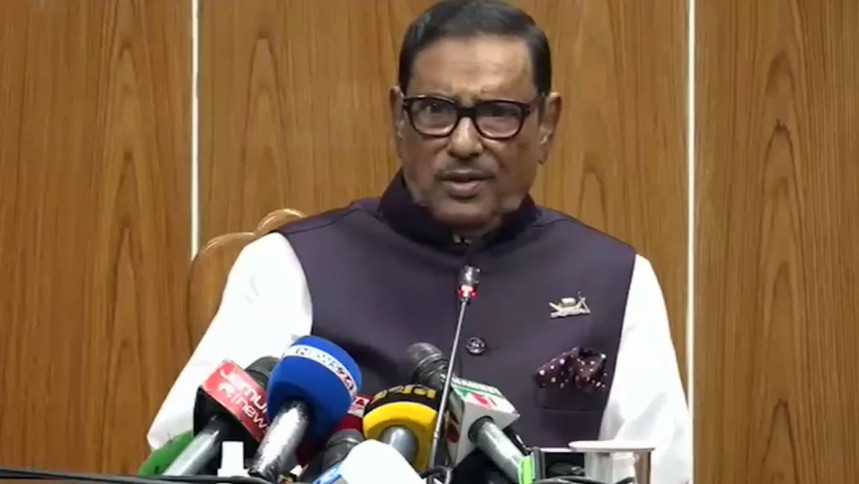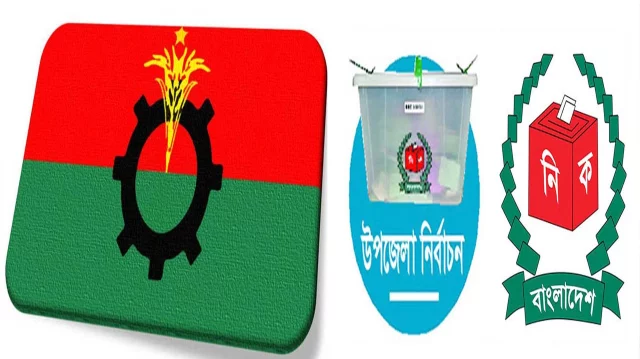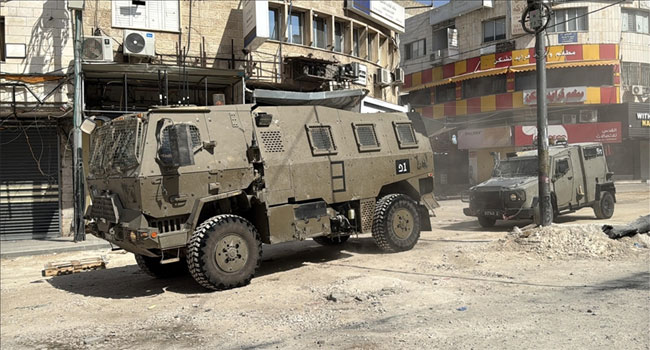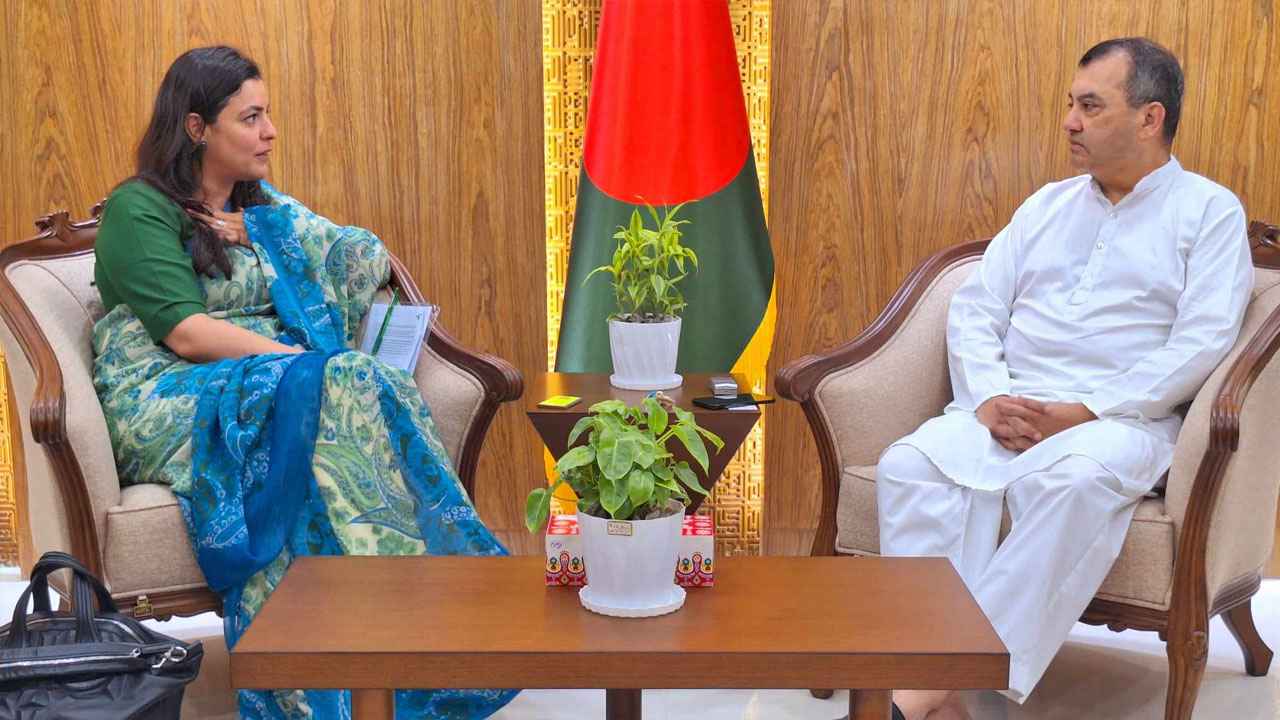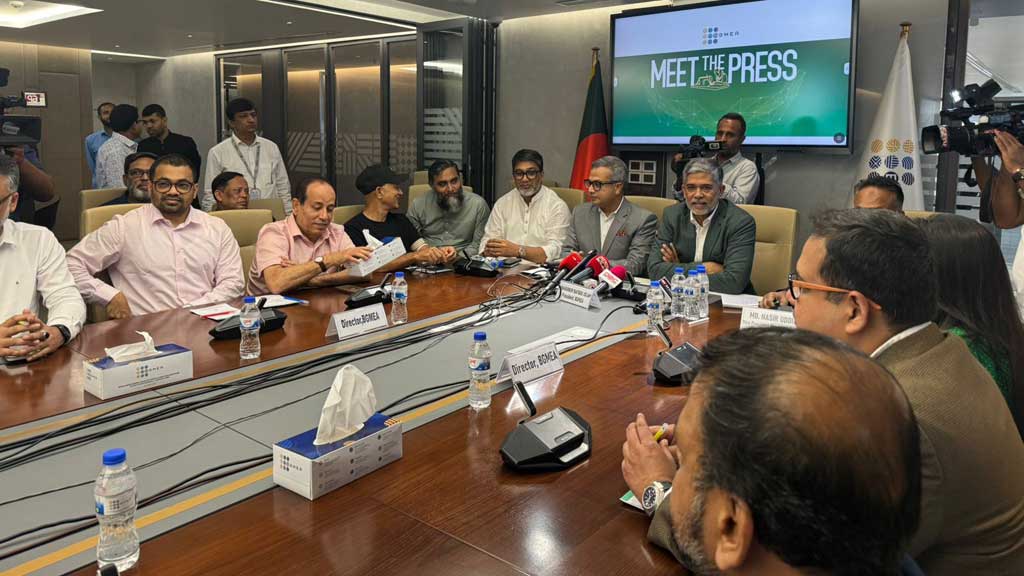
Worker unrest in the Savar, Ashulia, and Gazipur industrial zones during September and October following the power shifts has led to a production loss of approximately $400 million in the apparel sector, according to the Bangladesh Garment Manufacturers and Exporters Association, or BGMEA.
"The unrest has caused $400 million in lost garment production, and the damage continues to rise. It is expected to increase further," its President Khandoker Rafiqul Islam said during a press conference at the BGMEA Complex on Saturday.
While discussing the challenges faced by the industry, Rafiqul said some orders had shifted to competing countries due to deteriorating law and order and worker dissatisfaction.
However, the industry has regained stability, with international fashion brands returning, he added.
Rafiqul said, "Buyers still trust Bangladesh's garment sector."
He credited BGMEA’s efforts, under government directives, for forming a joint force led by the army to ensure factory security.
Community policing has been introduced with army support to maintain safety in garment-dominated areas.
In response to the uncertainty over paying August salaries, BGMEA sought assistance from the Finance Advisor Salehuddin Ahmed and engaged with Governor Ahsan H Mansur of the Bangladesh Bank, which directed banks to facilitate the payment of the month’s wages.
BGMEA also said 39 factories in Ashulia, affected by worker unrest, were unable to pay September wages.
As a result, BGMEA requested the finance ministry to provide interest-free, easy-term loans to cover those payments.
The Trading Corporation of Bangladesh, or TCB, is now supplying goods at fair prices to the sector's four million workers.
The BGMEA president also called on the government not to cut utility services like gas and electricity to any factory for three months, as many have suffered due to the unrest.
He urged the authorities to reduce bank interest rates to single digits.
BGMEA'S DEMANDS TO SUSTAIN INDUSTRY COMPETITIVENESS:
Maintaining law and order in the industry;
Streamlining customs and port processes;
Preventing delays in loading and unloading at Chattogram Port;
Avoiding utility disconnections for the next three months;
Reforming the banking sector without negatively affecting production and trade;
Ensuring no business is harmed due to actions taken against individuals;
Forming a task force with National Board of Revenue, or NBR, and Bangladesh Bank to provide policy support to the industry;
Ensuring sufficient electricity supply and implementing a sustainable energy policy with reasonable pricing;
Allowing rescheduling of loans and preventing loan classification during crises;
Facilitating gas supply via cylinders from CNG stations to maintain production;
Keeping the removal of recyclable waste, including cloth scraps, free from external influences;
Considering the reinstatement of incentives for the garment sector;
Establishing a safe exit policy for garment sector entrepreneurs;
Enforcing strict legal action against those creating unrest in the industry.
At the press conference, BGMEA called for everyone’s cooperation to move the garment industry forward.
